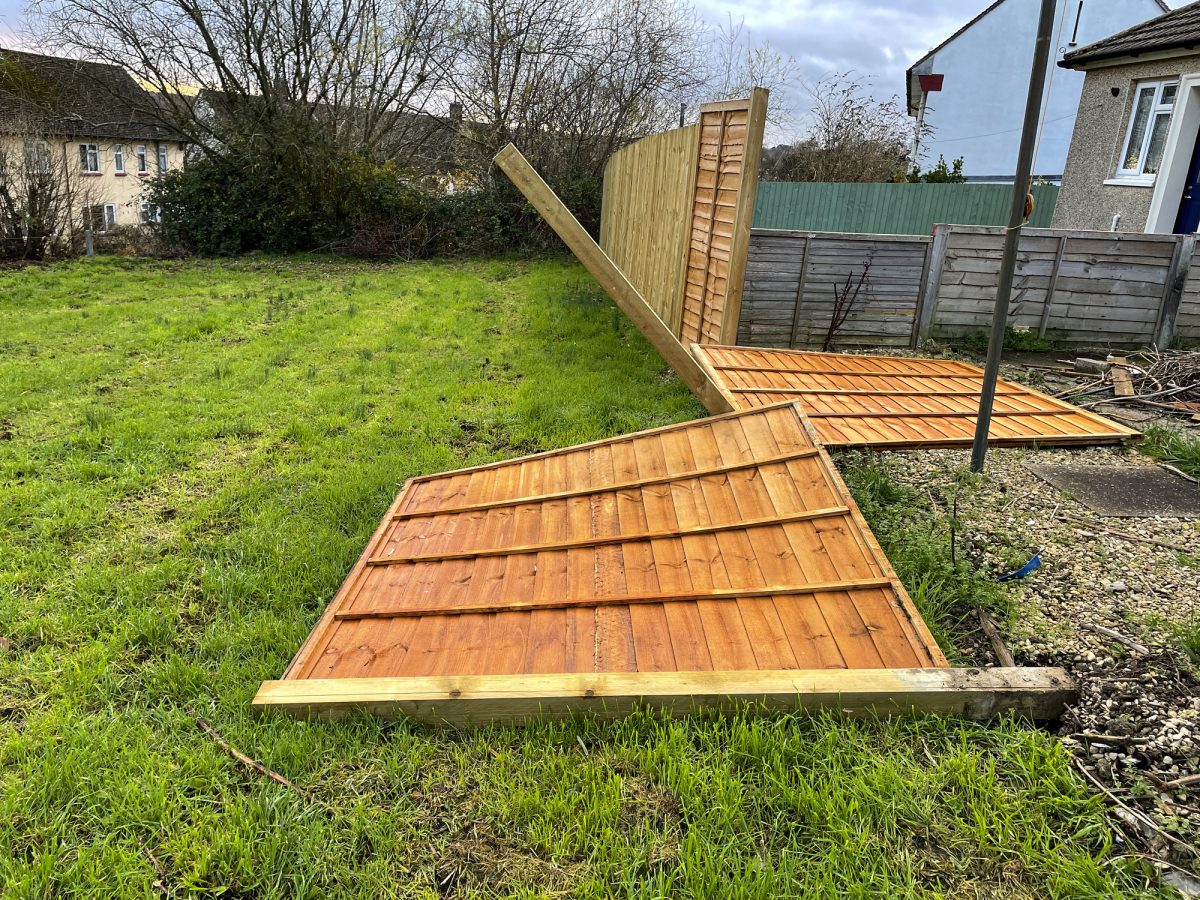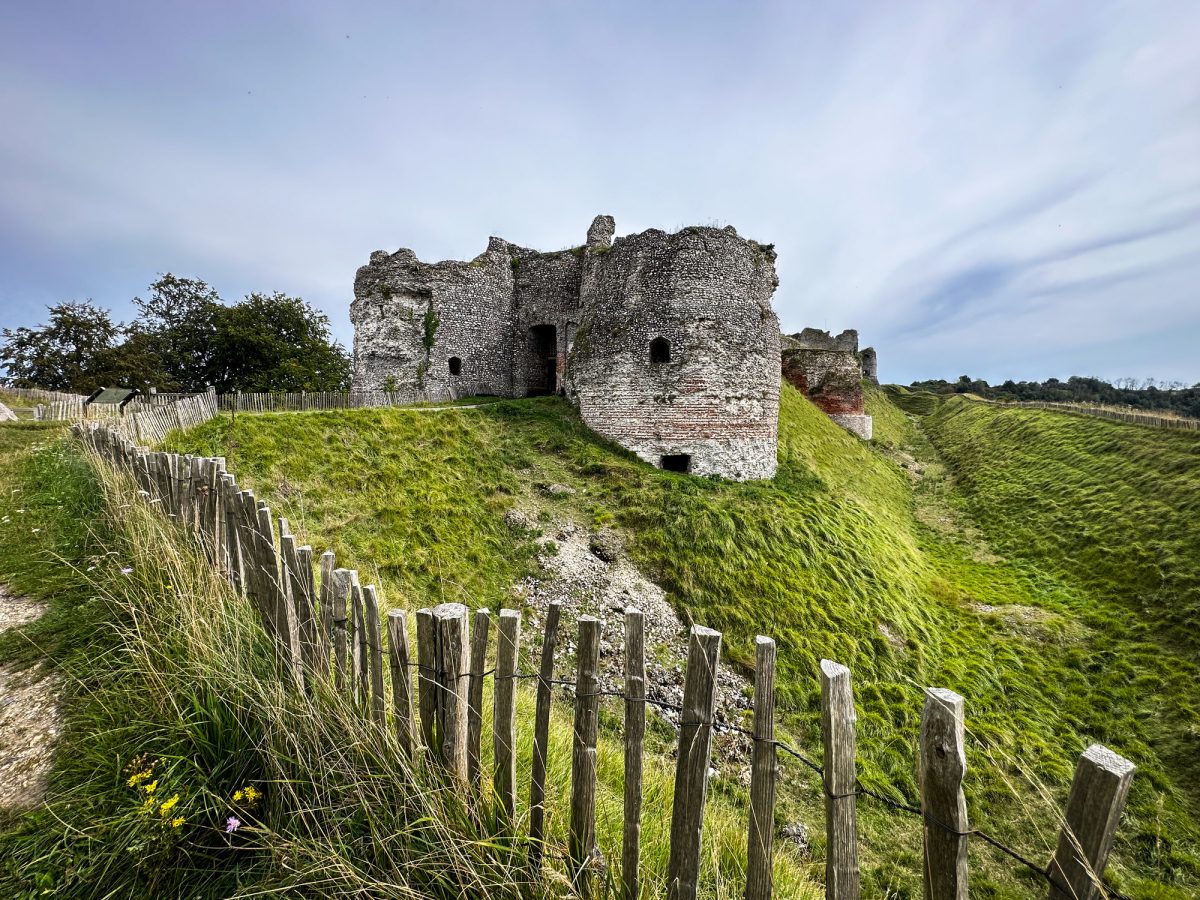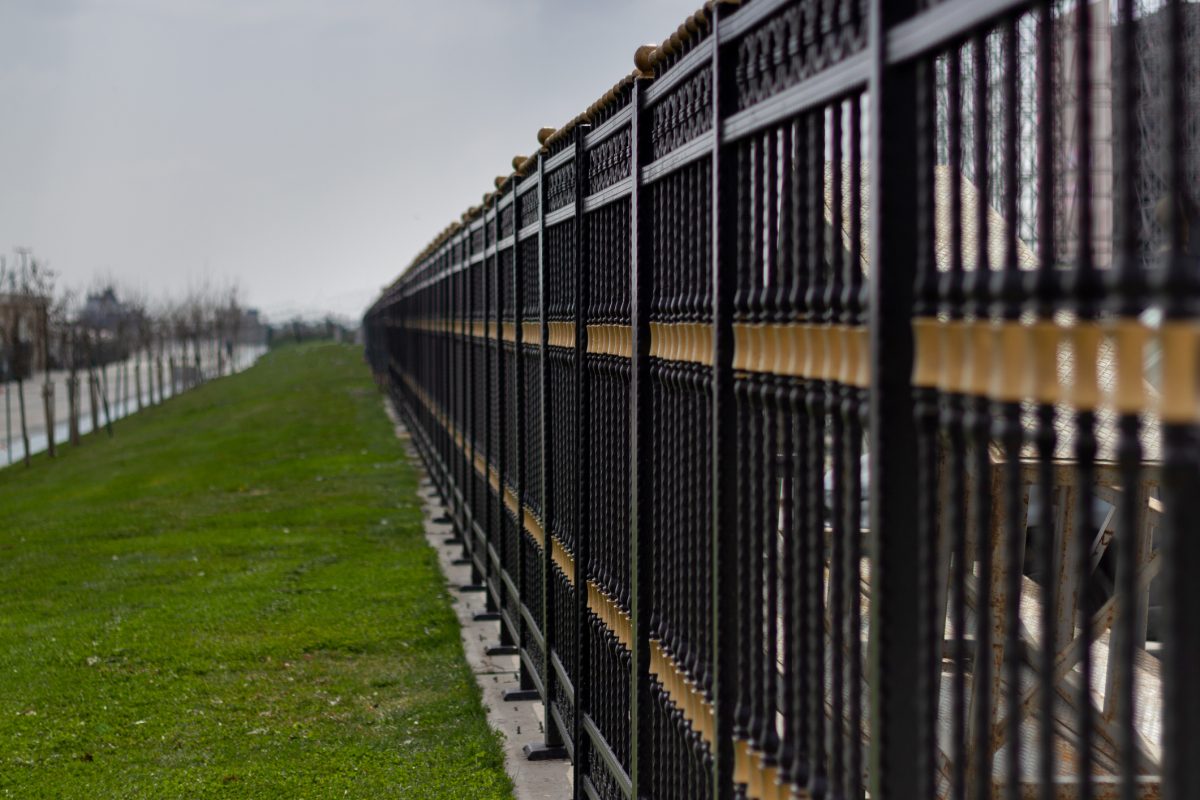As a homeowner, discovering holes in your fence can be a source of significant frustration. Not only do these unsightly gaps compromise the security of your property, but they also detract from its overall appearance. Maintaining a secure and visually appealing perimeter around your home is crucial for safety and curb appeal. In this article, we’ll explore the common causes of fence holes, their impact on your property, and practical strategies for prevention and repair.
Understanding the Causes
Several factors can lead to the development of holes in your fence. Understanding these causes is the first step in preventing future damage.
Termites
Termites are pests known for causing major damage to wooden structures, including fences. These tiny pests feed on wood, and once they establish a colony, they can create numerous holes and tunnels, severely compromising the structural integrity of your fence.
They can quickly weaken wood, and if they’re infesting your fence, it’s only a matter of time before they make their way to your home. It’s best to contact a pest professional to eradicate them as soon as possible. Signs you have termites in your fence include:
- Sagging or leaning posts.
- Hollow-sounding wood when tapped on.
- Sawdust-like frass along the fence line.
Powderpost Beetles
Powderpost beetles are another common culprit. They lay their eggs in the cracks and crevices in untreated wood. Once the larvae hatch, they bore through the wood, creating small, round exit holes and a powder similar to sawdust. Over time, an infestation can result in substantial damage.
The fence must be treated with a preservative to kill any remaining beetles and prevent them from returning. If you need clarification on whether the fence needs to be repaired or fully replaced after treatment, contact our fencing professionals for a thorough evaluation.
Carpenter Bees
Carpenter bees resemble bumblebees but are more solitary in nature. They create perfectly round holes in the wood of the fence to lay their eggs. While one or two holes might not seem like a big issue, multiple bees can quickly turn your fence into a perforated mess, allowing water and mold to accumulate and weaken the wood.
Carpenter Ants
Carpenter ants don’t actually eat wood but excavate it to create their nests. This process can lead to significant structural damage to your fence. Small holes and sawdust-like debris around the base of the fence often indicate their presence. Each affected area should be examined, and the whole fence should be treated to prevent further infestations.
Horntail Wasps
Horntail wasps, also known as wood wasps, lay their eggs in a tree’s wood. The larvae then bore just under the bark until they are ready to pupate. Typically, they leave lumber alone, but seeing horntail wasps damage a fence is not unheard of.
Impact on Home Security and Aesthetics
The presence of holes in your fence can have several negative repercussions regarding security and aesthetics.
Home Security
A fence with holes is more than just an eyesore; it poses a serious security risk. Larger holes can provide intruders entry points, while pests or stray animals can exploit even smaller ones. This compromised security can lead to an increased risk of trespassing, theft, and other unwanted activities.
Aesthetic Devaluation
Holes and other damage to your fence can significantly detract from its visual appeal. This aesthetic devaluation can affect your property’s curb appeal and potentially lower its market value. On the other hand, a well-maintained fence enhances the overall look of your property and creates a positive first impression.
Preventive Maintenance and Repair Options
Preventing and repairing holes in your fence involves a combination of regular maintenance and timely intervention. Here are some practical tips:
Regular Inspections
Conducting regular inspections of your fence is crucial for early detection of potential issues. Look for signs of pests, such as small holes, sawdust, or insect droppings. Intervening early can prevent minor problems from becoming major headaches.
Proper Installation
Ensuring that your fence is properly installed can go a long way in preventing damage. Choose high-quality materials and hire experienced professionals to install your fence. Proper installation ensures that your fence is sturdy and less susceptible to damage from pests and environmental factors.
Timely Repairs
Addressing small issues promptly can prevent them from escalating. Fill in minor holes with wood filler or epoxy, and replace damaged boards as needed. Keeping up with these smaller repairs can save you money and hassle in the long run.
Professional Services
Engaging professional services is wise for more complex repairs and maintenance. Pest control experts can help manage infestations, while fencing professionals can handle more extensive repairs or replacements. These experts have the knowledge and tools to ensure that your fence remains in great condition.
Fence Replacement Considerations
In some cases, replacing your fence might be a more cost-effective and efficient long-term solution than continuous repairs. Here’s what to consider:
When to Replace
Replacement might be the best option if your fence has extensive damage, frequent pest infestations, or is simply old and worn out. A new fence can provide better security, improved aesthetics, and peace of mind.
Choosing the Right Fence
When selecting a new fence, consider factors such as durability, aesthetics, and security needs. Materials like vinyl and metal are less susceptible to pest damage and can provide long-lasting protection. Wooden fences remain popular for their classic look but require more maintenance.
Professional Installation
For the best results, hire professionals to install your new fence. A proper installation can ensure that your fence is secure, level, and built to last. Professionals can also provide advice on the best materials and designs for your specific needs.
Call Pittsburgh Fence Company Today!




